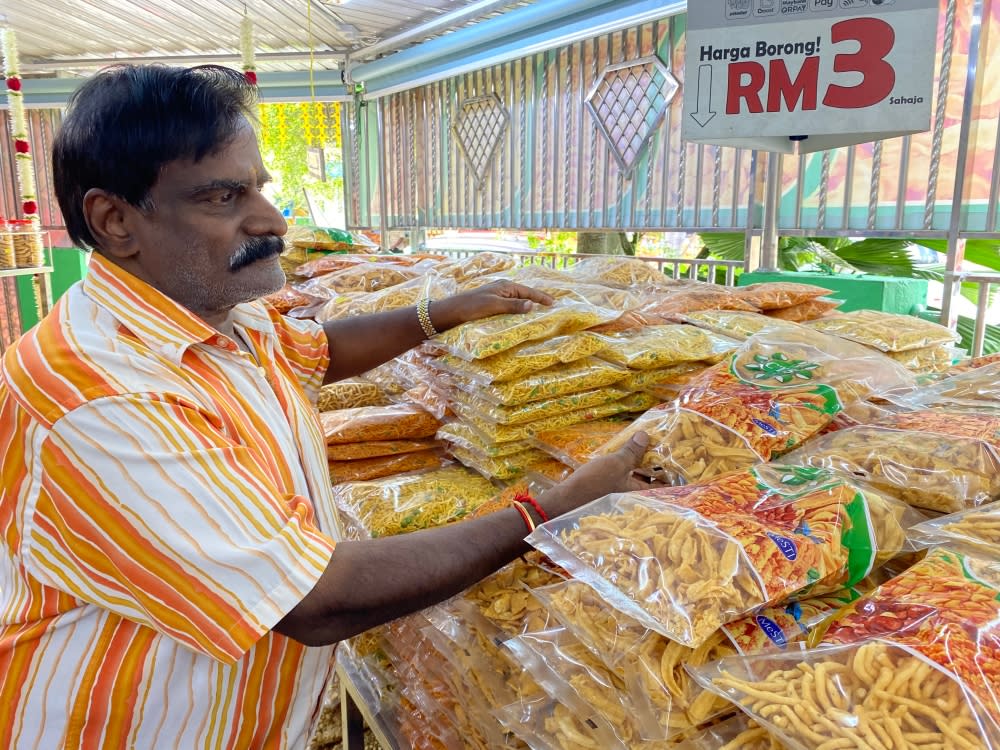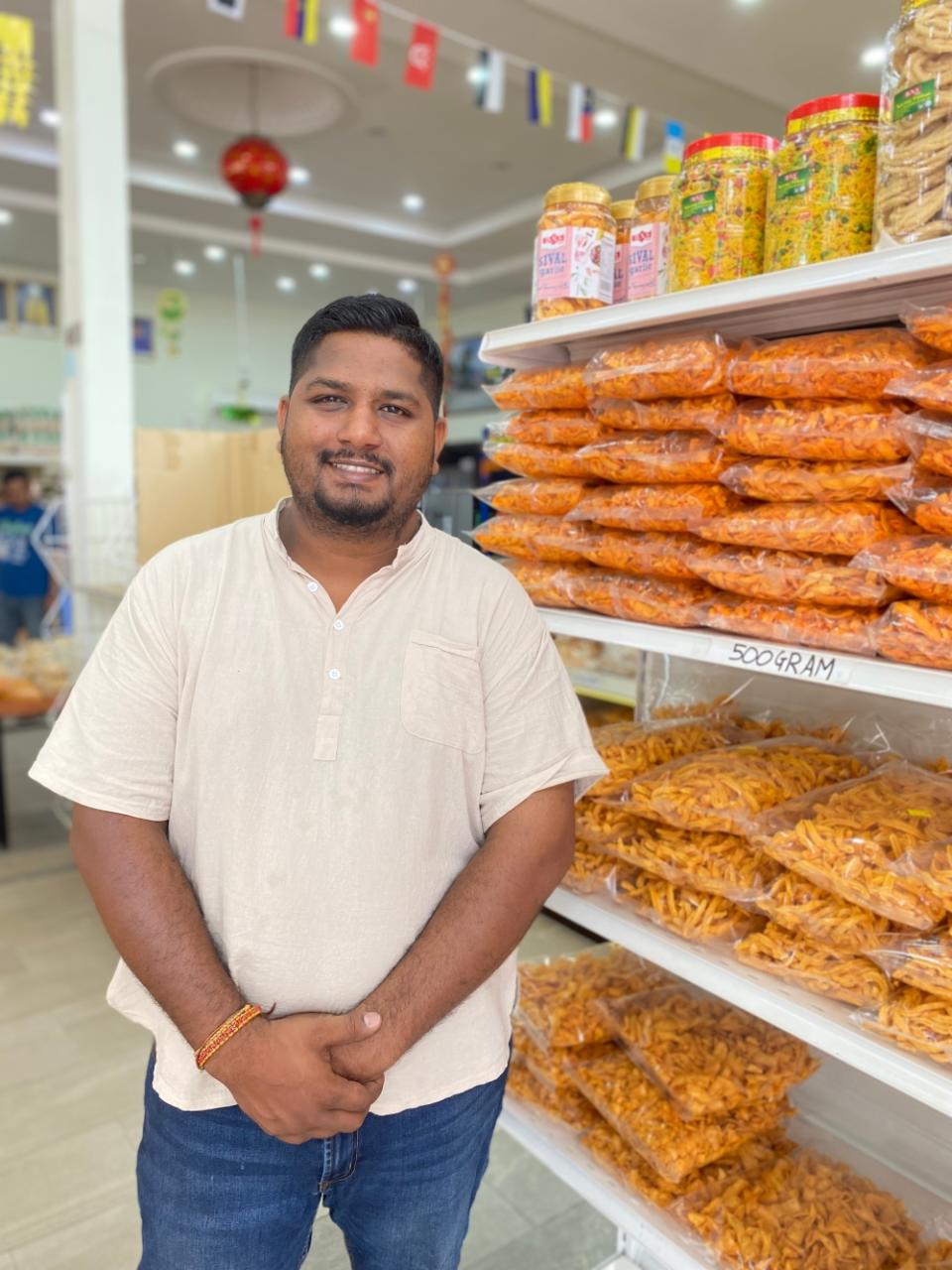How ‘kacang putih’ made Buntong its home and a living for its traders

IPOH, Nov 11 — Buntong, a close-knit suburb in Ipoh — is home to the humble kacang putih, a staple Malaysian street snack.
It's also home to a thriving community of traders who emerged over the years because of the much-loved snack.
The kacang putih traders belong to the Nadar clan. who originate from the Ettayapuram village in Tamil Nadu, India.
Humbled by hardships, they migrated to Malaya and settled at the foothills of Gunung Cheroh in Ipoh during British colonial rule.
A week before Deepavali in October 1973, a deadly rockfall at Gunung Cheroh crushed 40 people to death, forcing the kacang putih traders to relocate to Buntong.
To this day, their descendants devotedly churned out the recipes handed down at Kampung Kacang Putih here.
CTS Kacang Puteh Enterprise founder Subrumaniam Thangavelu, 62, was among the earliest kacang putih sellers to ply his trade in Buntong.
“When my father was nine years old, he boarded a British ship to Malaya with his uncle. They peddled porridge and rojak for a living here.
“Later, he sold kacang putih on his bicycle at the Medan Kidd bus station, the police barracks and other places around the town,” he said.
“Then, my elder brother took over and sold the snacks outside the Anglo-Chinese School (ACS) Ipoh while my younger brother traded at the bus station.
“Meanwhile, my wife and I sold kacang putih during annual festivals at temples.
“I built my first kacang putih shop 28 years ago,” he told Malay Mail when met at his outlet recently.
Subrumaniam said kacang putih traders developed more varieties for the local community over time.
“At first, we started off by selling kadalai (roasted chickpeas), pakoda (ribbon-shaped murukku) and omapodi (crispy snacks made from flour and butter).
“Other variations came later,” he said.
Despite moving to Buntong, Subrumaniam said the kacang putih traders still conduct annual prayers during Deepavali at the Kallumalai Arulmigu Subramaniyar Temple in Gunung Cheroh, where their forefathers once thrived.
“My family organises a prayer at the temple on the third day of Deepavali,” he said.

DNS Kacang Putih chief executive officer Nerumalkumar Sanggaralingam, 30, is a third-generation kacang putih trader. — Picture by Dhesegaan Bala Krishnan
Across his shop, DNS Kacang Putih chief executive officer Nerumalkumar Sanggaralingam, 30, and his brothers are determined to upscale their family business.
Nerumalkumar, a third-generation kacang putih trader, said their snacks are highly sought-after in countries like Brunei, Singapore, the United Kingdom and the United States.
“Our first overseas shipment was to Australia in 2012.
“It was a proud moment for my family since my grandfather once peddled kacang putih on bicycle and now, his products are going international.”
For Deepavali, his company also sells delicacies such as murukku, the star-shaped achi murukku, chittu urundai (green pea balls), kallu urundai (green gram sweet balls) and more.
“We make these delicacies with our grandfather’s traditional recipes and every year, we see more customers coming for them.
“We want to keep this tradition going as a tribute to our grandfather,” he said.



